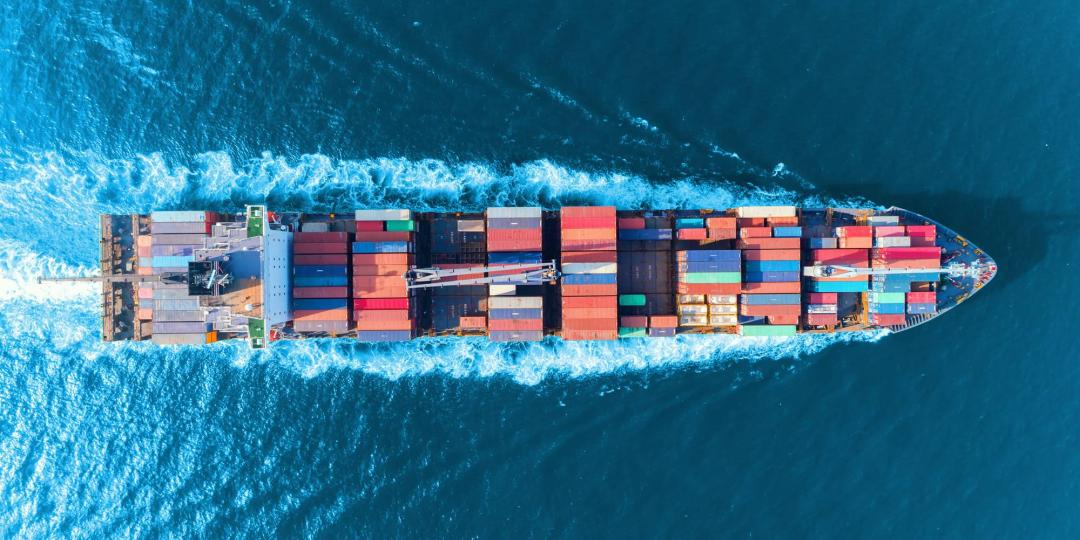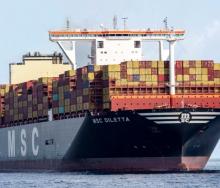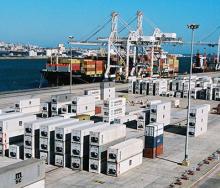European Parliamentary legislators and the EU Council have finalised the rules for FuelEU Maritime, the continent’s new trading scheme that aims to limit carbon emissions in the sector.
The scheme, labelled the world’s most ambitious path to decarbonise the maritime industry, now only requires formal adoption by the European Parliament and EU Council before it comes into effect.
Maritime executive reports that the shipping industry won some final amendments which will reward firms that adopt the scheme early and encourage rapid increases in the production of green fuels.
The scheme sets clear targets and incentives for the maritime industry to use increasing volumes of green fuel in the future. All vessels exceeding 5 000 gross tonnes sailing either in the EU or to EU ports are required to participate, which represents ships responsible for up to 90 per cent of CO₂ emissions. The targets, which also include methane and nitrous oxide emissions (NOx), apply to 100% of energy used by ships operating within the EU and 50% for vessels sailing to or from ports outside the EU.
Under the scheme, the limits of renewable energy increase marginally every five years, starting at 2% in 2025, and then to 6%, 14,5%, 31%, 62% and finally to 80% in 2050.
The shipping industry called for incentives and for governments to ensure that the fuel industry was also required to participate by increasing the supply of green electro fuels (e-fuels). It had also asked for clear targets and a gradual increase in the caps to give shipping lines time to adapt to the requirements.
Anne Steffensen, Director General and CEO of the industry trade group, Danish Shipping, said the new rules would “set the course for cutting greenhouse gas emissions from ships, increase the use of more renewable fuels, and support the maritime sector in contributing to the EU’s goal of climate neutrality by 2050”.
Danish Shipping had earlier joined a broad shipping industry coalition that had called for the inclusion of incentives into the final terms to confront concerns regarding the supply and more expensive cost of e-fuels. It had also called for incentives for shipping lines that become first adopters.
The new rules also introduce a zero-emission berthing requirement, making passenger ship and containership use of on-shore power or alternative zero-emission technologies mandatory in major EU ports from 2030. It will apply to the remainder of EU ports with an on-shore power supply by 2035. However, there are some exemptions, such as when a ship is in port for less than two hours, or is using its own zero-emission technology, or is making a port call because of an emergency or unforeseen circumstances.













